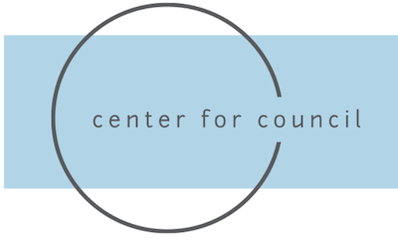First responders, including law enforcement and correctional officers, are consistently exposed to elevated levels of work-related stress and trauma. Without effective tools for managing stress, officers are often set up to experience poor physical, mental, and emotional health which impact work performance and increased rates of absenteeism, tardiness, and turnover in law enforcement and correctional settings. Negative relationships with colleagues, loved ones, as well as community members often result from this dysregulation and ineffective communication skills.
Tension in police community relations has reached a breaking point and there is a critical need for more effective training programs and reform initiatives. Optimizing first responder performance and improving police-community relations demands a new evidence-based approach to recognizing and regulating stress, heightening awareness and attention, fostering better interpersonal communication and listening skills, and cultivating more skillful relationships with those with whom officers work, as well as those they serve.
In April of 2022, Center for Council entered into a formal partnership with the U.S. Department of Justice to work together to increase law enforcement awareness of the intersectionality of wellness, compassion, procedural justice and community building. Through this collaboration, the Community Oriented Policing Services (COPS) division of the DOJ will highlight Center for Council's science-based strategies for optimizing physical, emotional, mental and relational health and its programming that explores strategies for addressing empathy fatigue, moral distress, pathological altruism, depersonalization and burnout. Ultimately, this partnership will explore the way in which the skillful integration of high ethical standards, personal well-being and sustainable practices for navigating professional demands of police work help officers enhance compassion toward both themselves and their communities.
In September 2022, the POWER Training Program received the National Certification Program Seal of Excellence from IADLEST, the International Association of Directors of Law Enforcement Standards and Training. Click below to learn more about POWER Training and Cops & Communities Circling Up.
Tension in police community relations has reached a breaking point and there is a critical need for more effective training programs and reform initiatives. Optimizing first responder performance and improving police-community relations demands a new evidence-based approach to recognizing and regulating stress, heightening awareness and attention, fostering better interpersonal communication and listening skills, and cultivating more skillful relationships with those with whom officers work, as well as those they serve.
In April of 2022, Center for Council entered into a formal partnership with the U.S. Department of Justice to work together to increase law enforcement awareness of the intersectionality of wellness, compassion, procedural justice and community building. Through this collaboration, the Community Oriented Policing Services (COPS) division of the DOJ will highlight Center for Council's science-based strategies for optimizing physical, emotional, mental and relational health and its programming that explores strategies for addressing empathy fatigue, moral distress, pathological altruism, depersonalization and burnout. Ultimately, this partnership will explore the way in which the skillful integration of high ethical standards, personal well-being and sustainable practices for navigating professional demands of police work help officers enhance compassion toward both themselves and their communities.
In September 2022, the POWER Training Program received the National Certification Program Seal of Excellence from IADLEST, the International Association of Directors of Law Enforcement Standards and Training. Click below to learn more about POWER Training and Cops & Communities Circling Up.




